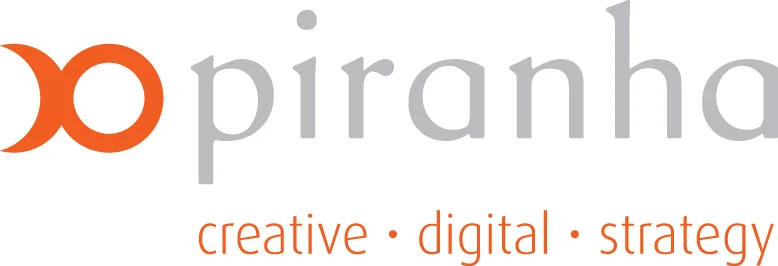There are many important and legislative reasons to have first aid trained employees in the workplace. Even in low-risk areas which can seem very safe places, like early learning environments, because accidents can happen anywhere and at any time, so it is always better to be prepared.
However, when people, even trained first aiders, are working with children, specialist paediatric first aid training is the best way to ensure they can act safely and effectively in an emergency. They need to have the ability and background knowledge to deal with a wide variety of first aid emergencies for babies and young children.
The Level 3 - 12 Hour Full Paediatric First Aid Course, provided by established and recognised training professionals at Centaur Training Services, provides delegates with a thorough knowledge and understanding of paediatric first aid. The course is also available in a blended learning version, where students complete the course 6 hours online and 6 hours in the classroom.
Both formats enable attendees to provide the appropriate care; managing life-threatening conditions, illness and injuries identified in any early years’ setting, such as a nursery, pre-school, after school club, or reception classes, as well as infants and primary classes.
The course covers the requirements for the full paediatric first aid course as laid down by Department for Education – statutory framework for the early years foundation stage document as published March 2017.
The course framework is structured so that delegates get ample opportunity to practice as many of the skills they have learnt during the course on each other, to reinforce their knowledge within a structured but fun environment. The course curriculum aims to make students aware of, and be able to carry out, their role as a paediatric first aider in their childcare environment. This is done over a 12-hour programme (excluding breaks) and on completion of training, all successful students will be able to understand the roles and responsibilities of the paediatric first aider (including appropriate contents of a first aid box and the need for recording accidents and incidents) and assess an emergency situation and prioritise what action to take.
On completion of the course, successful attendees will be able to help a baby or child who:
is unresponsive and breathing normally (including the use of an AED) is having a seizure is choking is bleeding is suffering from shock caused by severe blood loss is suffering from anaphylactic shock has had an electric shock has burns or scalds has a suspected fracture has head, neck or back injuries is suspected of being poisoned has a foreign body in eyes, ears or nose has an eye injury has a bite or sting is suffering from the effects of extreme heat or cold is having a diabetic emergency is having an asthma attack is having an allergic reaction has meningitis is having febrile convulsionsOur experienced trainers will use continuous assessments to evaluate candidates to determine their ability to act safely, promptly, and effectively when an emergency occurs at work and/or have to deal with a casualty.
This course is delivered in line with Health and Safety (First Aid) Regulations 1981 and teaching is delivered in accordance with currently accepted first aid practices. Centaur Training Services (North West) Ltd is approved and regulated by FAIB. Certificate Number – (009/13 123).
In line with Ofsted Early Years and Childcare Register requirements, at least one person who has a current full paediatric first aid certificate must be on the premises and available at all times when children are present and must accompany children on outings. Childminders, and any assistant who might be in sole charge of the children for any period of time, must hold a current full paediatric first aid certificate. It is then discretionary for each setting as to how many additional members of staff are trained in either the Level 3 Full Paediatric First Aid, or the Level 2 Emergency Paediatric First Aid.
The benefits of paediatric first aid workplace training and AED/CPR training far outweigh the cost, and of course the cost is nothing compared to its potential to save a life and ensuring a healthy early learning environment.























